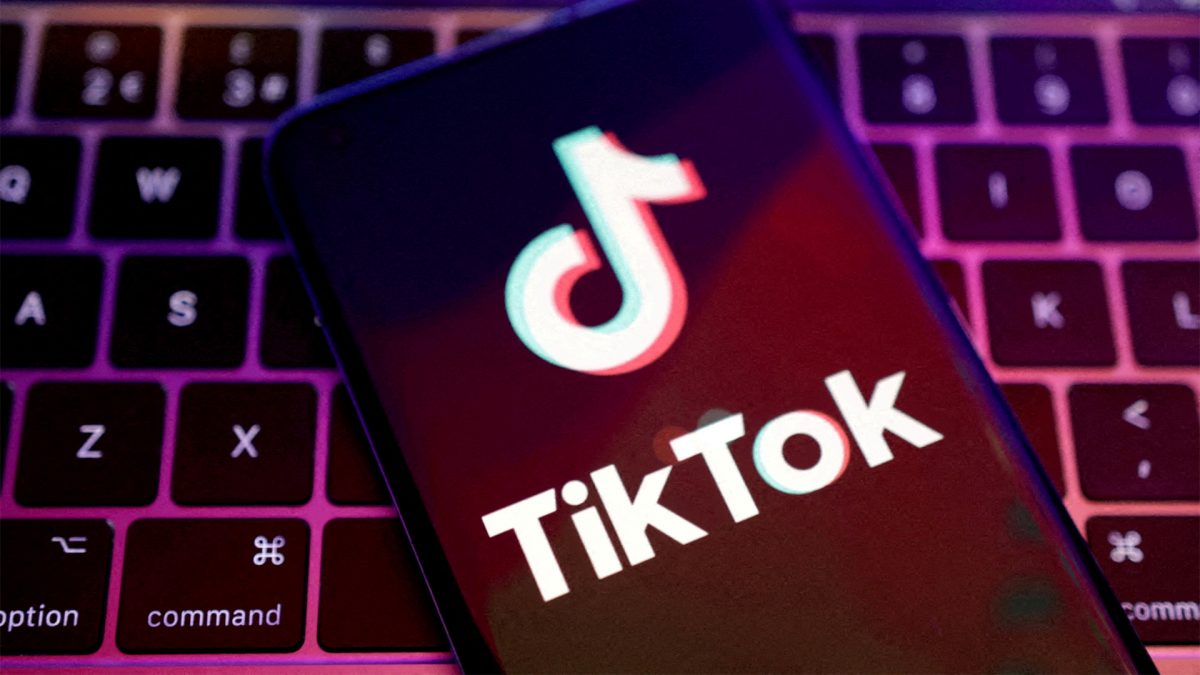Venezuela’s top court has hit TikTok with a $10 million fine after dangerous viral challenges on the platform were linked to the deaths of three adolescents and the hospitalisation of over 200 others. The Supreme Tribunal of Justice accused TikTok of negligence, stating that it failed to implement measures to prevent the spread of harmful content targeting young users.
The court has also mandated that TikTok, owned by China’s ByteDance, establish an office in Venezuela within eight days and pay the fine promptly or face additional penalties. The funds will be used to create a victims’ compensation programme, aiming to address the emotional, psychological, and physical harm caused by these challenges.
Social media challenges gone wrong
Authorities claim that several students fell ill after participating in a challenge that involved ingesting chemical substances, a trend reportedly encouraged by content circulating on TikTok. While the platform has policies against self-harm and dangerous behaviour, critics argue these safeguards are not adequately enforced, allowing hazardous videos to go viral.
Viral challenges have played a significant role in TikTok’s global success, often involving dances, jokes, or games. However, this case highlights how the same format can pose serious risks, especially to younger, impressionable users.
Venezuela’s stance on social media
President Nicolas Maduro has taken a hard line on social media platforms, warning of severe consequences for failing to moderate harmful content. Following this incident, he described the challenges as “criminal” and signalled the need for stricter regulation. Venezuelan lawmakers are now considering new laws to oversee social media platforms, which Maduro has accused of fostering division and promoting harmful ideologies.
This case has also brought renewed attention to other platforms, with Maduro accusing Elon Musk’s X of orchestrating “attacks” against Venezuela, further fuelling the government’s push for digital regulation.
TikTok’s accountability
While TikTok expressed its understanding of the gravity of the situation during court proceedings, its moderation efforts are under scrutiny. The company maintains that its policies prohibit such harmful content, but gaps in enforcement have sparked widespread concern. The ruling not only pressures TikTok to tighten its moderation systems but also signals that governments worldwide may be less tolerant of platforms that fail to protect users.
As TikTok navigates this setback, the case serves as a stark reminder of the responsibility tech companies bear in safeguarding their platforms, particularly when young and vulnerable users are involved.
)